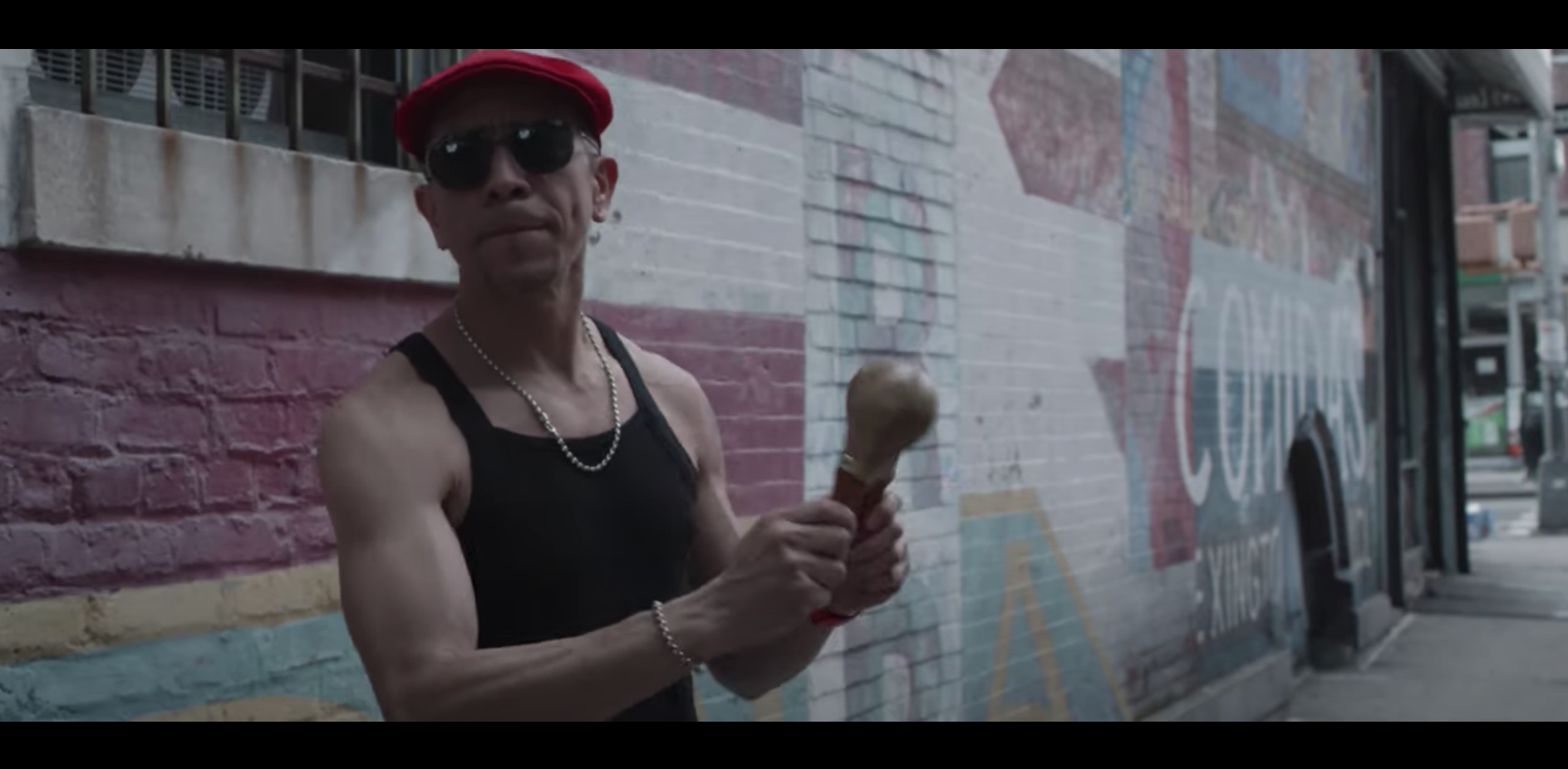
New salsa doc to track genre’s Afro-Caribbean roots born from Black and Brown struggle
Salsa: un tumbao’ caribeño (Salsa: a Caribbean Swing) is currently crowdfunding for support to get the film off the ground.
“Salsa is the history class that teaches us day by day who we are.”
Those are the words of Afro-Venezuelan director and filmmaker Beni Marquez, the main brain behind Salsa: un tumbao’ caribeño (Salsa: a Caribbean Swing), a documentary hoping to offer a new look at the history of one of Latin America’s defining genres.
According to its GoFundMe page, not only does the team behind the film hope to identify the history of the genre’s biggest names that made it a commercial success, but also frame salsa as a “global cultural movement.”
“One of humanity’s greatest expressions of intangible heritage,” reads part of the movie description.
What that means for the documentary’s story is that while it may start in New York City, the whole picture tracks back to the Caribbean and the African continent, where the roots of salsa were first planted.
RELATED CONTENT
In the same vein, the story of salsa is one of Black and Brown struggles in all those places over generations. The struggle in many ways also continues to this day.
“For me, it is important to make this film because it represents our identity. Not mine, but yours and everyone else,” said Marquez. “The Latino/Caribbean identity, the salsa we grew up with in the neighborhood… we learned endless street codes and how to relate to each other.”
Salsa: un tumbao’ caribeño, is also not the first time Marquez has explored the intrinsic connection between Africa and Latin America. A previous documentary, called Mamá África, Marquez explored the spiritual and cultural connections between Nigeria and his home country of Venezuela. The film went on to sustain a decent run at a number of film festivals across the U.S. and Latin America.
His potential salsa doc is still in its early stages, and a crowdfunding campaign hit the web on Sept. 7 to help with expenses such as travel, rental equipment, licenses and housing arrangements, among other logistical costs.
“Whatever nationality you are, you are part of this film because salsa exists in your life,” said Marquez.











LEAVE A COMMENT: